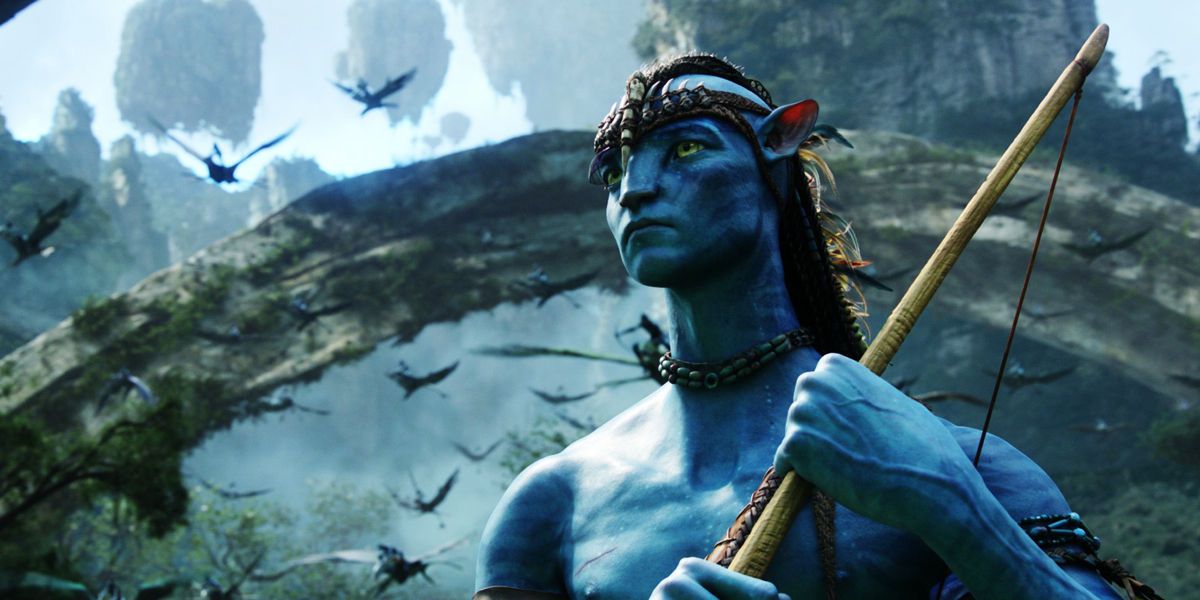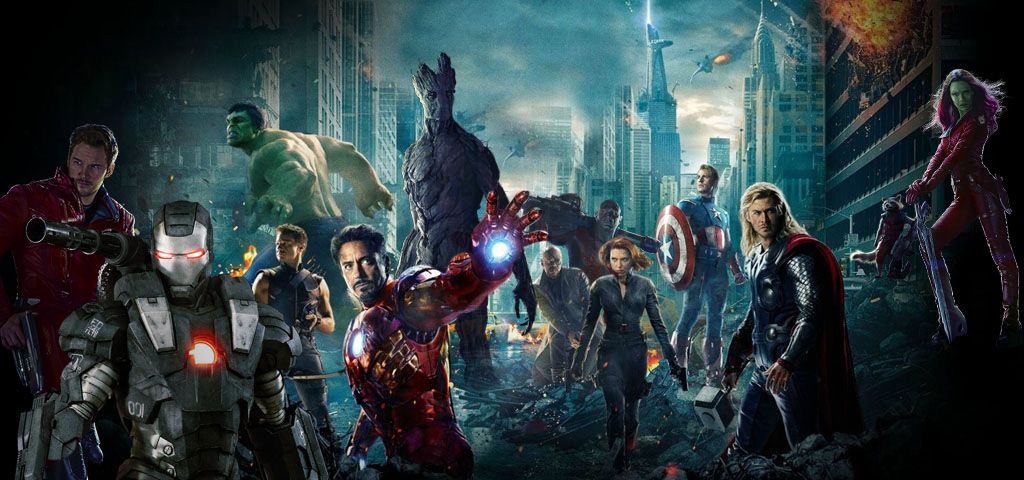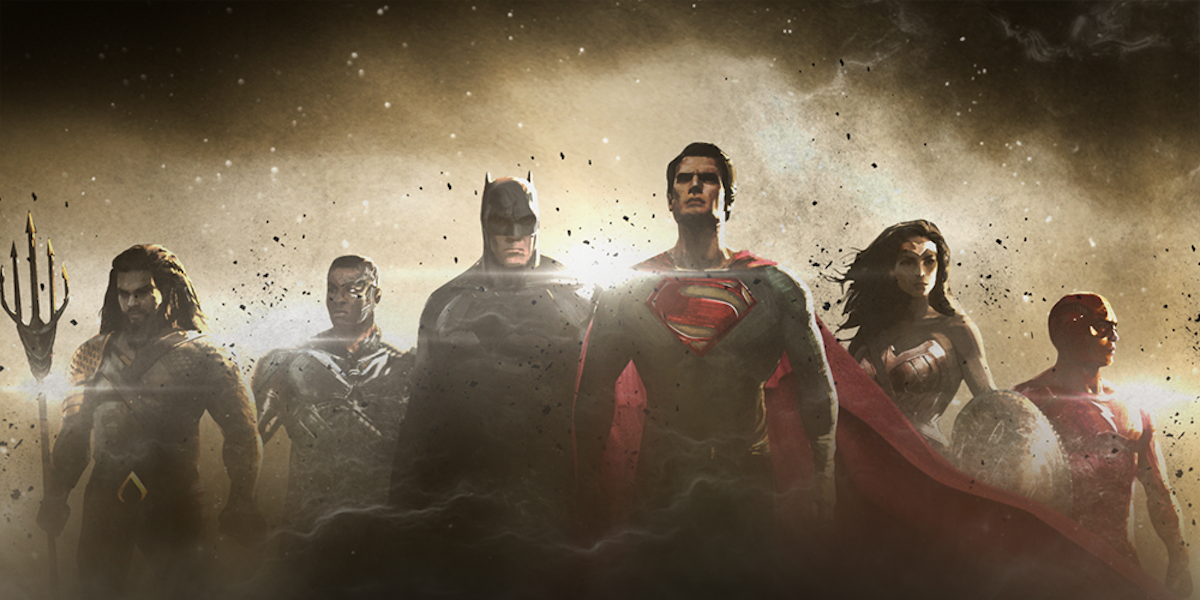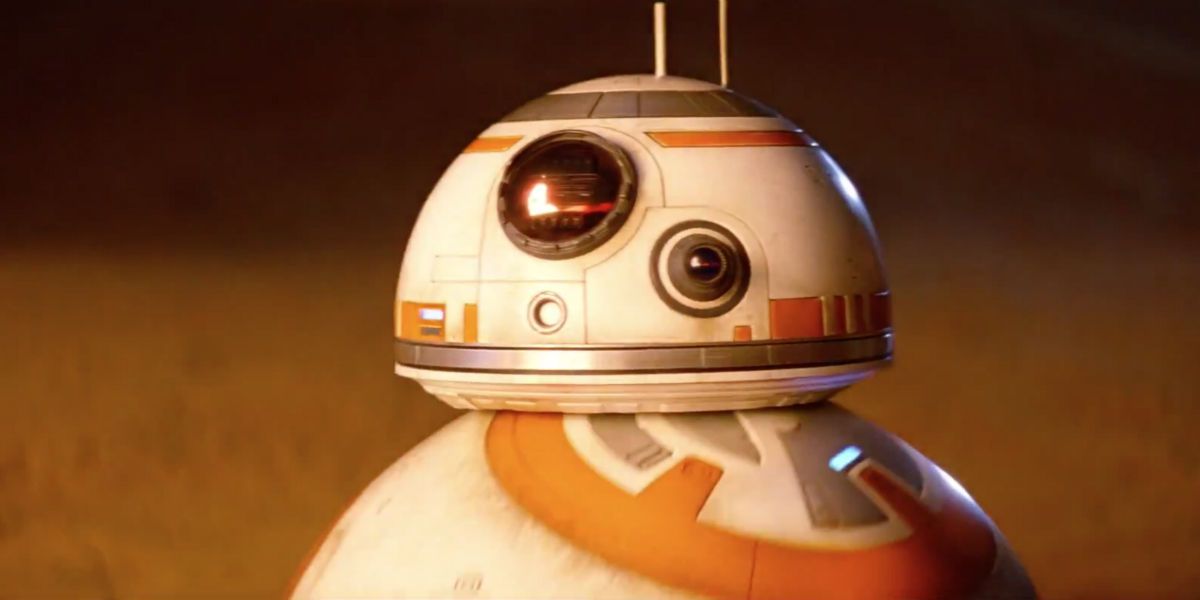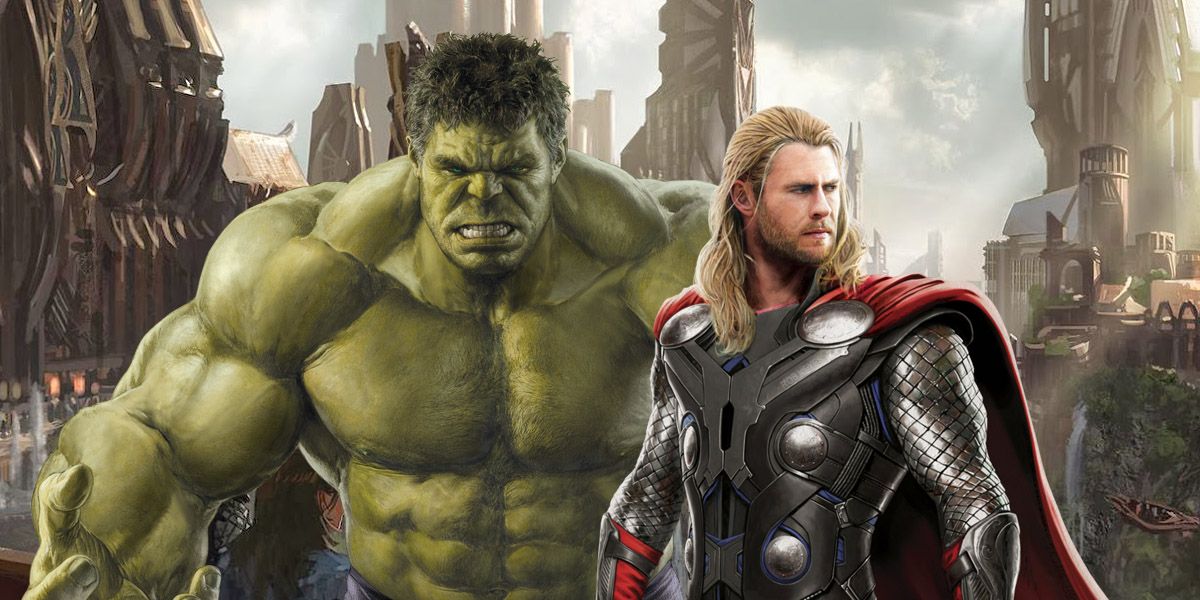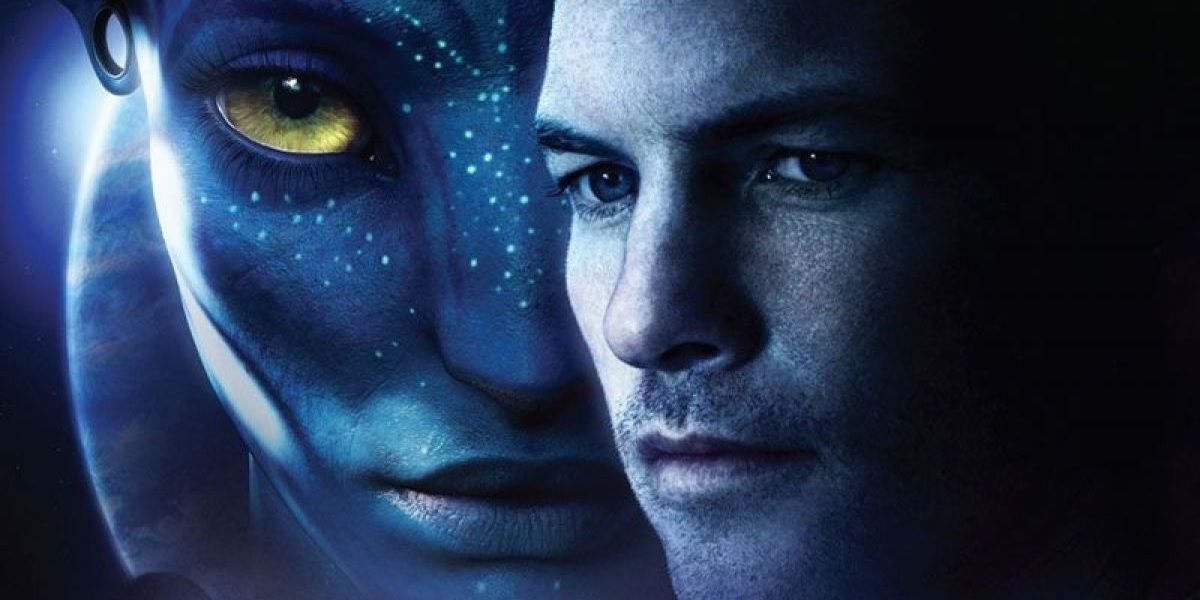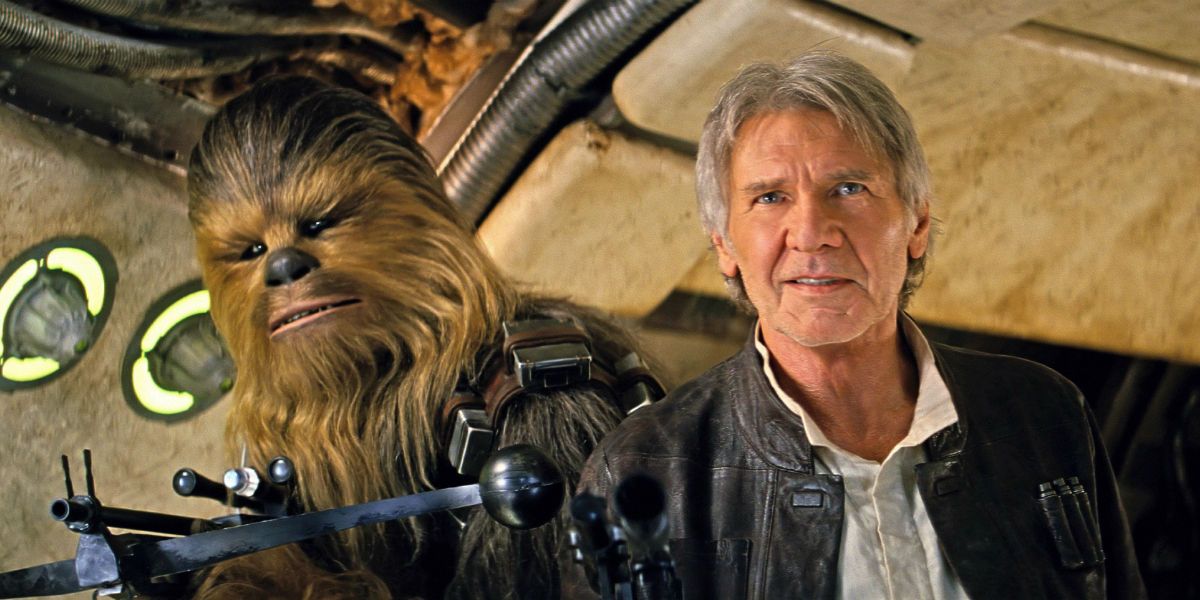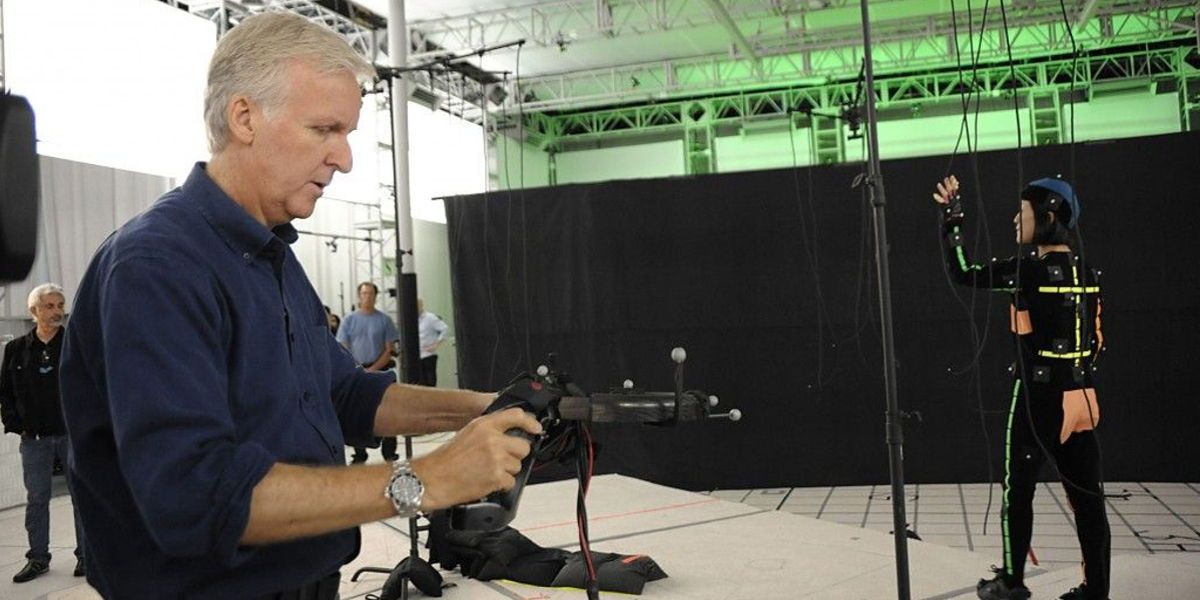Back in 2009, the James Cameron directed sci-fi epic Avatar was released to widespread critical acclaim. Despite being the type of genre picture the Academy typically strays away from, the film was a major player at that year's Oscars, scoring nominations in prestigious categories like Best Picture and Best Director. Avatar was also a tremendous box office success, bringing in a then-record $749.7 million during its initial domestic run (the figure went up to $760.5 million after a re-release), and a whopping $2.7 billion worldwide - a figure that not even the ballyhooed return of Star Wars could top.
Avatar was thought of as a major risk in the buildup to its release, but once it scored big with audiences and critics, it seemed primed to be the next massive Hollywood franchise. Things didn't really turn out that way. Always the perfectionist, Cameron has spent the last 6+ years developing what will become three followups to his Pandora tale. A lot has changed in that time, however, and while Cameron works diligently on Avatar 2, the movie industry is in a radically different place compared to the last time Cameron released a new movie. With Avatar 2 once again getting pushed back from its targeted December 2017 release date, it's fair to wonder if it's missed the boat and its chance to be a major franchise.
Iron Man, Batman, and Rey! Oh My!
Let's rewind the clocks back to 2009. The Marvel Cinematic Universe is in its infancy, with only the blockbuster success of Iron Man and the lukewarm reception of Incredible Hulk under its belt. At this point, their plan to assemble the Avengers on the big screen was seen as overly ambitious with little chance of working. Anything resembling the DC Extended Universe was just a pipe dream for comic book fans, as Christopher Nolan maintained that his Dark Knight didn't play with any other heroes. Warner Bros. was handcuffed until Nolan finished his trilogy, and The Dark Knight Rises was still years away. And everybody just assumed that Star Wars was over, the prequel trilogy serving as a cruel reminder that some things are better left untouched.
But how things change. Marvel's The Avengers was a global phenomenon, completing altering the Hollywood franchise business model. "Shared universes" are all the rage, and every other studio is desperately trying to figure out how their properties can connect with one another. Warner Bros. is finally getting on board and blowing up the DCEU this year with Batman V Superman and Suicide Squad, building off the foundation that 2013's Man of Steel established. Also, in the six years since Avatar, Disney acquired Lucasfilm and released Star Wars: Episode VII - The Force Awakens, which broke Avatar's domestic box office record in no time at all.
Considering the DCEU can churn out a couple of hits in 2016 (and doesn't falter in an Amazing Spider-Man 2 situation), that means there are three mega franchises dominating the Hollywood calendar with annual releases planned until at least 2020 that are all a threat to hit the $1 billion club (not to mention, all the "smaller" franchises out there). It's a stark contrast from when the first Avatar was released, when there really wasn't a big series that captivated the zeitgeist. There was a void for an event film, and Avatar filled that void with its 3D technology and splashy visual effects. But nowadays, there are so many "tentpoles" that come out, one has to wonder if the industry can sustain the arrival of another one.
On the outset, this doesn't seem like a big deal; North American moviegoers spent over $11 billion on tickets in 2015. But the box office last year was very top-heavy, meaning that audiences were selective about what they saw in the theater. Research has shown that the average viewer will make the trip to see five movies in a year. Do the math and two DC films, two Marvel movies, and one Star Wars equal five. Yes, there are those who see more than five within 12 months, but as the studios oversaturate the market with all their sequels and spinoffs, the competition is only going to get tighter. In many cases, these films will be featuring fan-favorite characters audiences can't wait to see on screen (Justice League) or continuing a story that has struck an emotional chord (Star Wars 8). Avatar 2 could become a hit like Jurassic World or Furious 7 with its pedigree, but where exactly is Fox going to put it?
Hollywood's Endless Summer
Cameron's plan was to get Avatar 2 out by December 2017, but that is not happening now. Lucasfilm recently pushed Star Wars 8 back seven months to December 15, 2017, looking to capitalize on the tremendous success of The Force Awakens. Time will tell if December becomes the new home of a galaxy far, far away, but between Force Awakens, Rogue One, and now Episode VIII, it would seem that the studio is keen on using the holiday season as its permanent release window (Episode IX and the 2020 Anthology film have no release date). Their decision to move Episode VIII was made easier by the fact that Cameron is still working on the three Avatar sequel scripts and isn't close to starting production yet. Avatar 2 has been delayed to an unspecified point in the future.
If December becomes Star Wars month, readjusting Avatar's release schedule won't be very simple. Fox fell behind the times, where lining up a slate of films years in advance is a necessity. Marvel, DC, and Star Wars all have dates picked out for their projects, giving the studios an opportunity to plan everything out ahead of time (and give their competition fair warning to not come close). Looking at the calendar, there aren't many prime spots left available, especially considering what Fox would want these Avatar sequels to be. After the first one made nearly $3 billion, they don't want to see diminishing returns on what will be a monumental investment.
So that puts summer out of the equation, since there's a new blockbuster every week during those months and they've become crowded enough as it is. Fox won't want Avatar 2 to be "just another summer movie." The thing is, many other franchises have beaten Avatar to the punch when it comes to testing non-summer waters. Looking at the calendar for 2018 and beyond, there's an "event" type film coming out in every season. Black Panther debuts in February 2018. The Flash movie comes out in March 2018. That summer sees the first Avengers: Infinity War, Toy Story 4, Aquaman, and an untitled Fox/Marvel movie. WB has claimed fall for their proposed Fantastic Beasts and Where to Find Them sequels, which are slated for November 2018 and November 2020. Not every genre film is created equal in terms of hype and anticipation, but they're all going after a similar demographic and want to maximize profits.
If there's a saving grace for Avatar, it's that beginning in 2018, December is relatively clear. That would allow the sequels to enjoy a run like the first one, with minimal competition standing in its way. However, the same could have been said about December 2017 just a month ago, and now that's different. The pressure is on Cameron to get the ball rolling on the sequels, so he can enter principal photography soon (giving Fox an idea of when they'll be ready). Disney is moving fairly quickly with their Star Wars films, and they're no doubt scouting possible release dates for the couple that need them. As their Marvel movies dominate the summer, unclaimed December weekends for Star Wars will look enticing. The longer Fox and Cameron wait, they miss out on having the theaters to themselves.
Next: Avatar's Failure to Leave a Lasting Mark
Striking When the Iron is Cold
It's also justifiable to wonder just how much interest casual moviegoers would have in an Avatar 2 to begin with. The first film came and went without much fuss, even though it did make $2.7 billion. When compared to other Cameron projects, it didn't inspire a passionate, devout following. There were no characters that captured audiences' imaginations like the T-800, Sarah Connor, Ellen Ripley, or even Jack Dawson did. Avatar's lasting legacy on the film industry is that it was the movie that revitalized 3D, which studio executives saw as a means of jacking up ticket prices to make even more money on their blockbusters. And then there's the case of Avatar star Sam Worthington, who had a number of failed attempts to become a bona fide A-lister since playing Jake Sully.
So with each passing year, Avatar becomes more of a fading memory. Lucasfilm can get away with releasing a Return of the Jedi sequel 32 years after the fact because people love Luke Skywalker, Han Solo, and Princess Leia - and the original Star Wars trilogy is a cinematic touchstone for generations of movie fans. Marvel and WB are constantly staying in the public eye with their yearly adaptations, many of which feature comic book icons that are finally getting their shot on the big screen. Avatar 2 will be hitting theaters at the minimum nine or 10 years after the first. "Delayed" sequels work from time to time (Cameron waited seven years to make Terminator 2), but it looks like Avatar is at a disadvantage. It's not a talking point in pop culture anymore, and arguably hasn't resonated the way other franchises have. The demand for it may not be there.
Reflecting back on Avatar's release, one of its biggest selling points was how it pushed the boundaries of moviemaking technology. It was the first big 3D release in some time, meaning that it was truly something new. Now, the novelty has worn off, especially in the States. People aren't as impressed with 3D anymore because it's so commonplace, and instances where it is used to maximum effect (Hugo, Gravity) are few and far between. The spectacle of Pandora isn't going to be enough, particularly in today's day and age with so many high profile film releases (and a rebirth for practical effects). Audiences need something more to keep coming back to a world, an emotional connection. "Chewie, we're home" made Star Wars fans cry tears of joy. Is there anything from Avatar that's going to reach that level?
Compared to its competition, Avatar also struggles in terms of visibility and awareness. When it was first released, there was a tie-in game and a toy line, but merchandise for the film has been difficult to find since. On the flip side, customers can't complete a shopping trip without seeing the Star Wars logo on something (even a case of bottled water), and many of Marvel's characters are extremely marketable (Guardians of the Galaxy). Not to mention, multi-media has become the name of the game. Both Marvel and DC have a large presence on television, and Lucasfilm is piecing together a full Star Wars canon via novels and other publications. These franchises are actively bringing attention to themselves through various products for fans, keeping them at the front of the public's collective mind. The same can't be said about Avatar, which hasn't spawned much in the past six years. Will youngsters who weren't born when the original was a thing care about "going back" to Pandora?
Conclusion
The counterargument here is that James Cameron is still one of the biggest directors out there, and his name alone can sell anything. People doubted Titanic and Avatar, thinking Cameron had bitten off more than he could chew, but he proved the naysayers wrong on both accounts. History's shown it's unwise to bet against Cameron, who has directed two out of the three biggest films ever made (unadjusted for inflation).
While nobody's thinking Avatar 2 will be an outright bomb, it's going to be hard for it to repeat the success of the original. Most people think of Avatar as a technical masterpiece that's dragged down by an uninspired story, and few walked out of the first one eagerly counting down the days to the sequel. If Avatar had more substance to go along with its impressive style, or was still a force in popular culture, it might be a different scenario. Instead, it's a franchise that faces an uphill battle against Earth's Mightiest, the Justice League, and Jedi Knights in training for the attention of audiences, nearly a decade after viewers saw it last.
The void that the first Avatar filled is no longer there. "Event" films come out all the time, giving movie fans no shortage of options. Some feel that the marketplace has too many of these kinds of projects already and would appreciate some breathing room between their blockbusters. Glancing at the Hollywood landscape, it's going to be difficult for Avatar to fit in. If Cameron had moved quicker on getting the sequels off the ground, he'd be the one in command. But so much time has passed, he seems to be fighting a battle he can't win. Has Avatar 2 missed the boat? It looks like it.
NEXT: James Cameron Gives Avatar 2 Update
Avatar 2 is currently without a release date.

